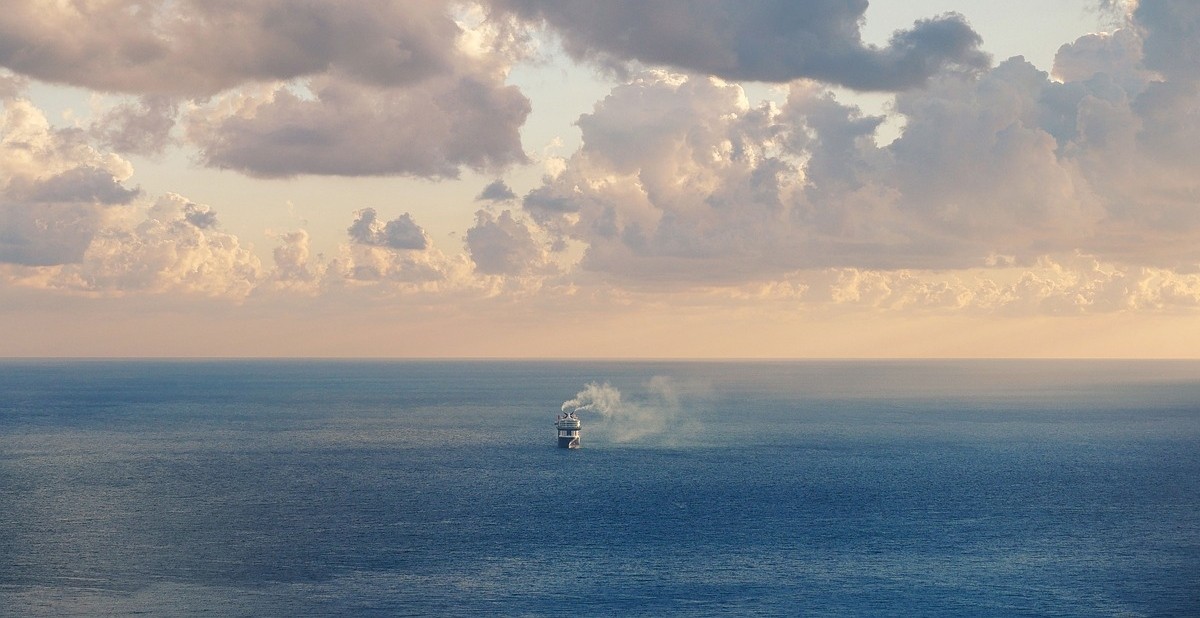IMO signals shipping’s decarbonisation progress

Committee meeting assesses countries’ commitment to a greener future
By Carly Fields
The recent International Maritime Organisation (IMO) Marine Environmental Protection Committee meeting, MEPC81, injected fresh momentum into the shipping’s decarbonisation efforts. While the meeting itself did not enact concrete measures, it served as a critical forum to assess member States' commitment to the Revised GHG Strategy adopted in July 2023. The key takeaway is that the industry is moving towards a greener future but there are some persistent challenges that still need to be overcome, according to commercial shipping advisory UMAS.
A bright spot from MEPC81 was the introduction of a new chapter in Annex VI of MARPOL, the international regulation governing marine pollution
This draft Chapter 5, titled "regulations on the IMO net-zero framework”, lays the groundwork for incorporating future GHG policy options. This includes possibilities like a Goal-based Fuel Standard, economic measures like emissions trading schemes, and a potential GHG levy. Importantly, this chapter received unanimous support from member States, indicating a spirit of collaboration for future negotiations. However, that is not the whole story.
Annika Frosch, researcher at UCL Energy Institute and consultant at UMAS, said: “Though unanimous in agreeing to a common framework for the amendment of MARPOL Annex VI Chapter 5 amendment, the diversity of member States’ preferences on key measures signals a complex journey ahead. Yet, this shared commitment lays a hopeful foundation for the negotiations required to achieve agreement on the measures as outlined in the Revised GHG Strategy.”
Balancing environmental and social progress
Discussions at MEPC81 also reaffirmed the interconnectedness of transitioning to cleaner fuels and ensuring an equitable approach. The debate surrounding a GHG levy, which would incentivise lower emissions while generating revenue for both technological advancement and a fair transition for developing nations, gained momentum, said UMAS. This can be viewed as positive for both environmental and social aspects of decarbonisation.
The IMO has committed to reaching an agreement on policy measures by April 2025, with adoption by the end of the year and regulations entering force in 2027. MEPC81 discussions addressed various details crucial to meeting this timeline, including the creation of an expert workshop and a dedicated working group meeting to refine the policies within the new MARPOL chapter. While the complexity and unprecedented nature of these policies pose some risk to the timeline, the meeting suggests these risks are decreasing, UMAS said.
MEPC81, meanwhile, underscored the increasing peril of a "wait and see" approach for investors in the shipping industry.
With the direction of the transition set by the Revised GHG Strategy, delaying decisions could lead to missed opportunities. Investors in ships, ports, and energy infrastructure face uncertainties surrounding both technological advancements in zero-emission fuels and future policy specifics. However, the meeting's progress and collaborative spirit suggest that waiting for absolute clarity might mean missing out on opportunities to manage risks and capture future market share in the zero-emission shipping landscape.
“One risk management strategy is to ‘wait and see’ so that decisions are only made when certainty has arrived. However, this is not risk-free as at the same point when the fate of fossil fuel technology becomes absolutely clear, and/or the opportunity for zero emissions technology becomes absolutely clear, opportunities to manage risks related to asset disposal values and to take future market share opportunities will have already been passed over,” said a UMAS report.
Embracing innovation and collaboration
The success of the IMO's strategy hinges on continued international collaboration alongside technological advancements.
Research and development in zero-emission fuels like ammonia and hydrogen, and propulsion technologies like wind and solar sails, are crucial. Encouragingly, MEPC81 included discussions on alternative fuels, which bodes well for future innovation. Moreover, open communication between policymakers, industry leaders, and investors will be essential for navigating the coming years. By working together, stakeholders can ensure a smooth transition towards a sustainable future for the shipping industry.
Dr Tristan Smith, director of UMAS and associate professor at UCL Energy Institute, said: “Many reactions to the adoption of the IMO’s Revised GHG Strategy in 2023 can be summarised as ‘good to have this, but I’m waiting for the measures in 2025’, and many seem convinced that IMO was unlikely to succeed in implementing measures capable of delivering the strategy’s level of GHG reductions – and speed of change. This meeting’s development of a new MARPOL chapter, and good progress and momentum towards a timely and robust implementation of robust IMO policy, including an effective GHG levy, seriously questions the wisdom of commercial strategy of ‘wait and see’, or that is dependent on IMO not delivering what it committed to in 2023.”
The shipping industry's decarbonisation efforts have far-reaching consequences. A cleaner maritime sector contributes significantly to achieving global climate goals and protecting marine ecosystems. The decisions made at MEPC81 will not only impact the industry itself, but also influence the trajectory of global sustainability for the coming years.